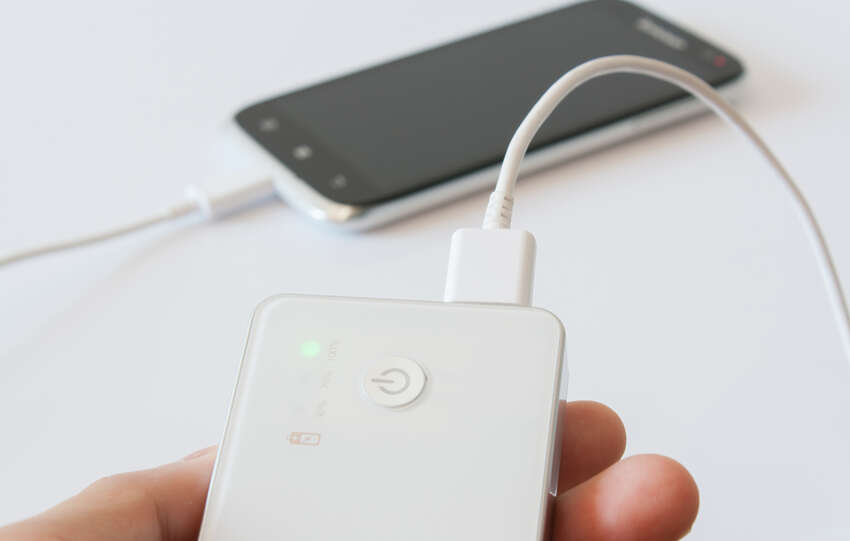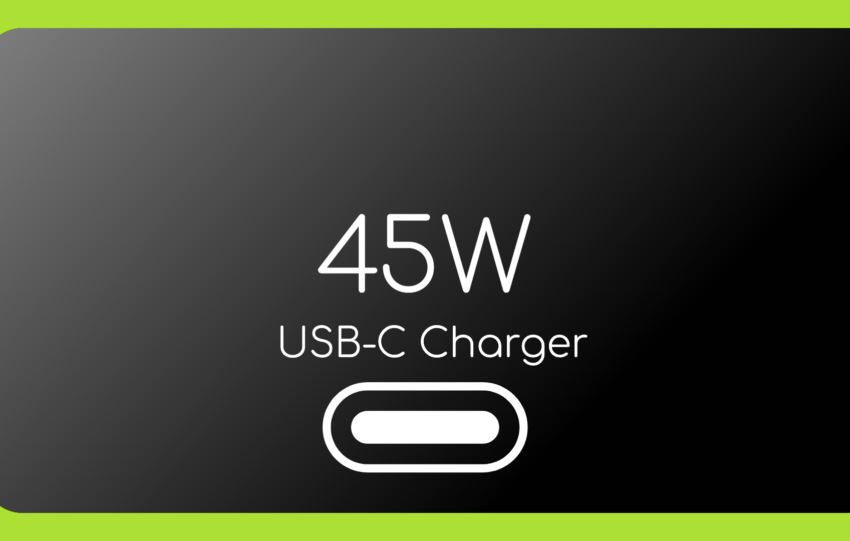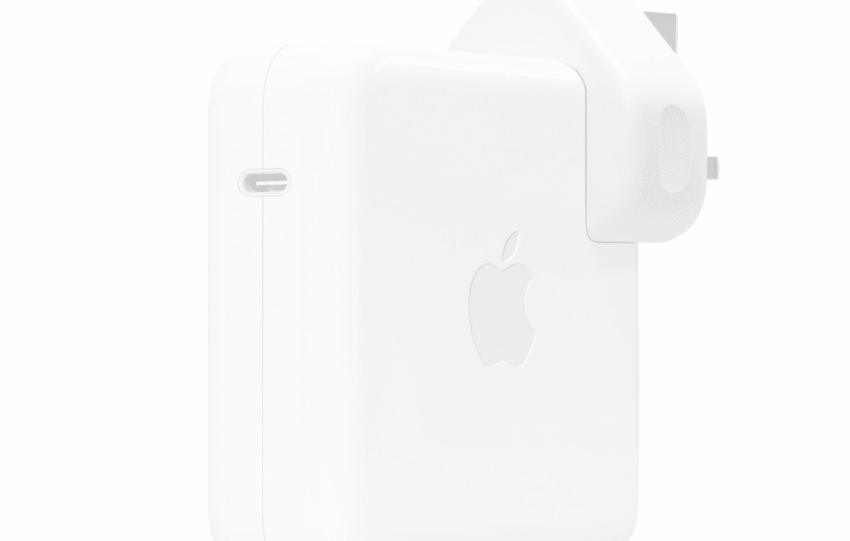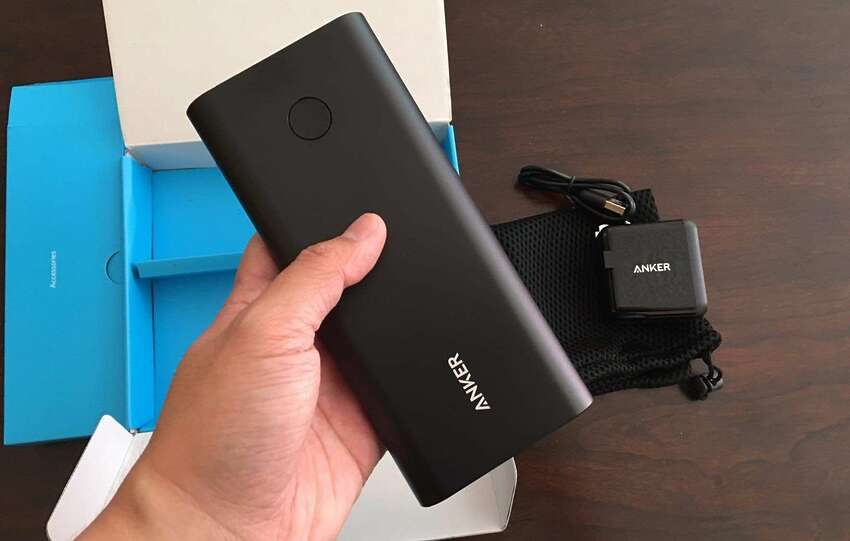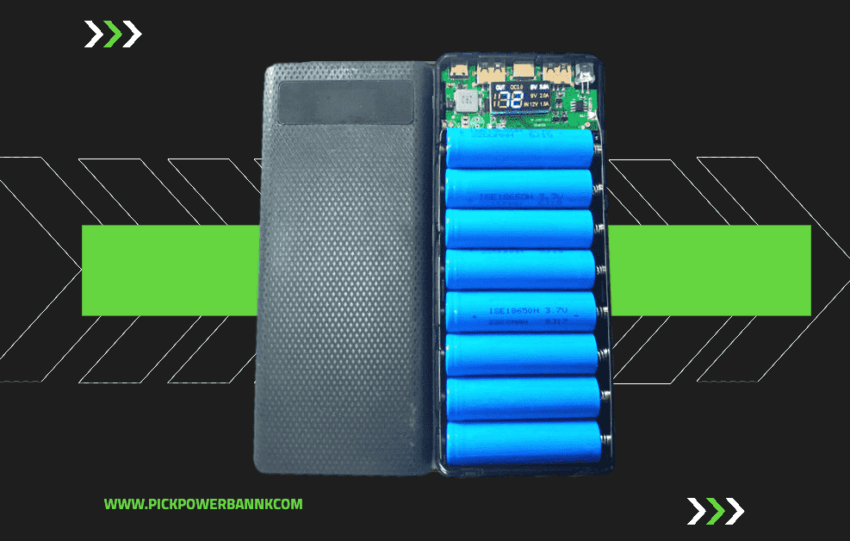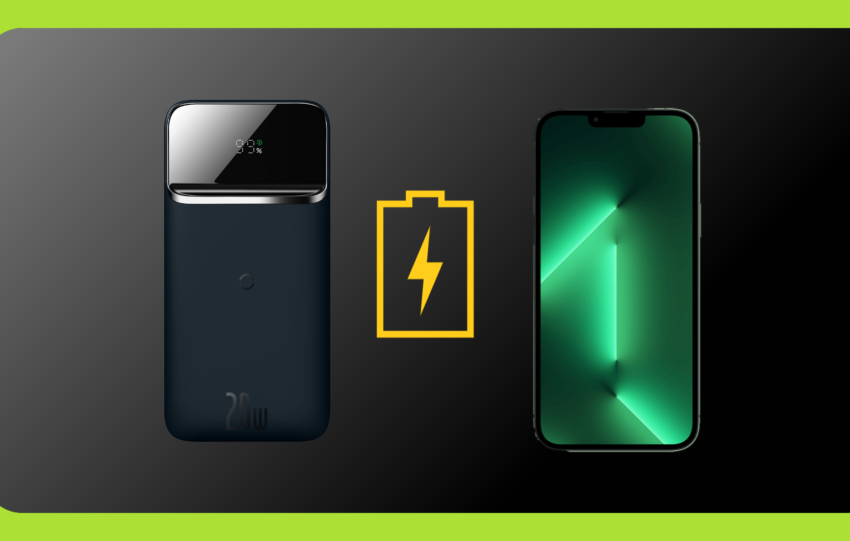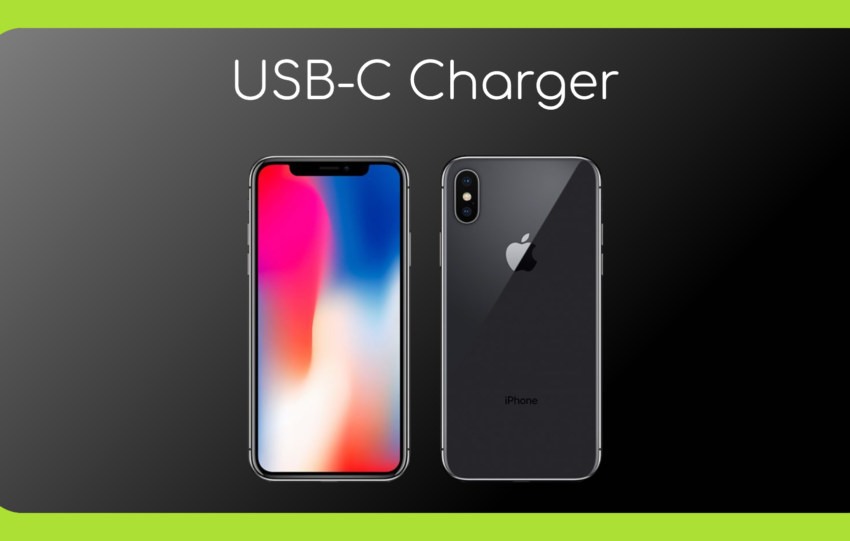Share This Article
Do you know how long a power bank will run a router? If not, now is the time to learn! Power banks are becoming increasingly popular, and many people rely on them to power their devices while on the go.
However, not all power banks are created equal. Some power banks are designed to run only a certain type of device, while others may be more versatile. In this article, we’ll take a look at how long a power bank will run a router and some tips for choosing the right one for you.
How Do I Connect My Power Bank To Wifi Router?
The router would need 12V DC to operate if the Power provided by the Power bank was 5V. If you simply supply the router with 5V, it may reboot from time to time if it gets too loaded. A buck up converter would be the best option in this case. Now, USB to DC conversion is performed by a buck up converter.
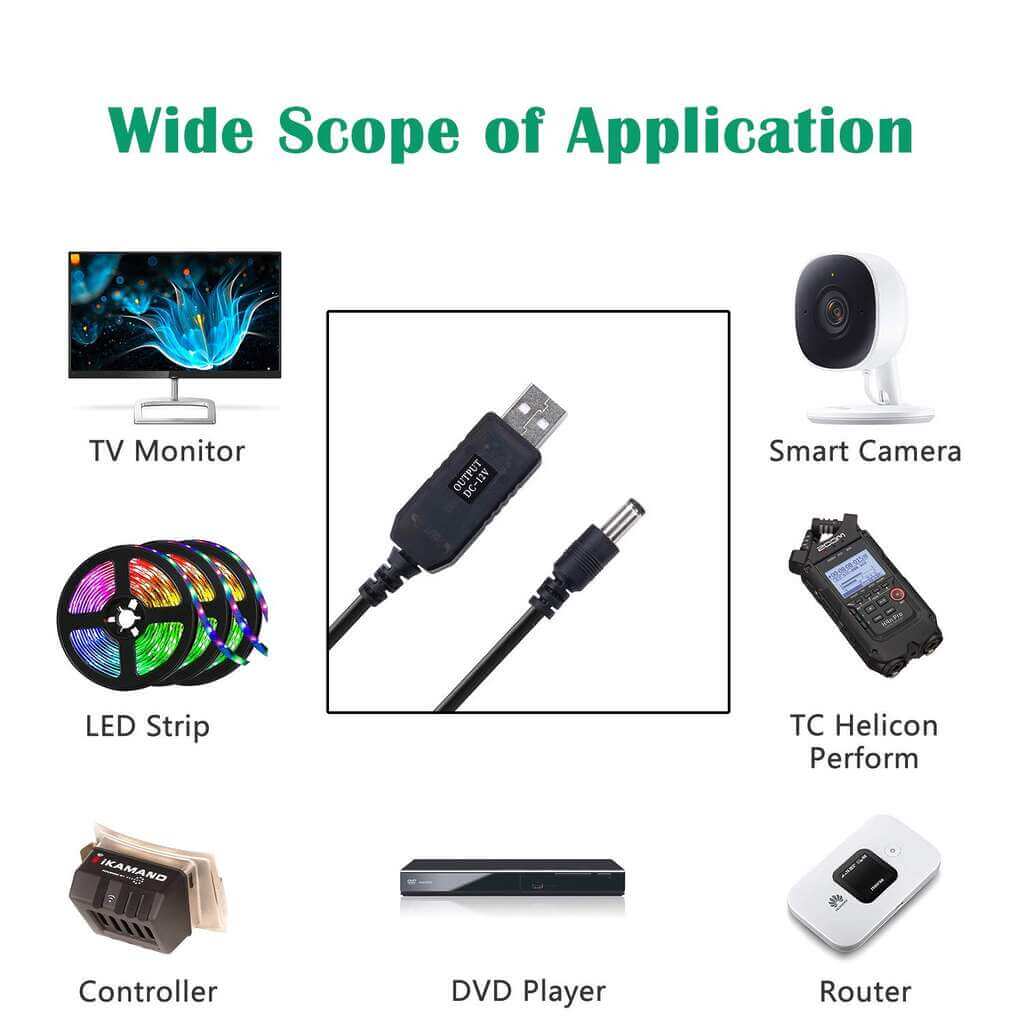
To connect your power bank to wifi, you need to use a DC step-up converter. First, connect the power bank to the laptop via USB. Then, supply DC voltage to the step-up converter and adjust the input and output according to the instructions. Finally, rotate the screw to measure the voltage and let the power jack plug into the router.
Use a USB to 12V converter that has been built. However, when compared to what you can build yourself, it’s expensive.
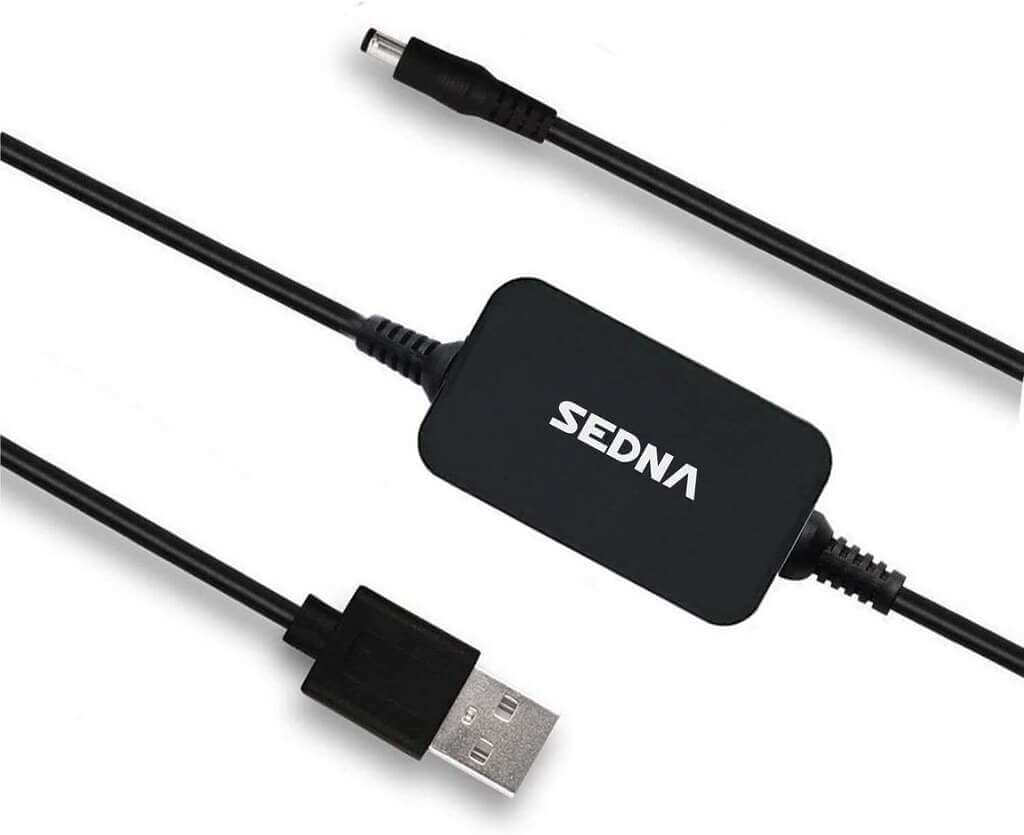
A USB to 12V converter cost around $10 – $50.
How Long Will A Power Bank Run A Router?
A power bank can keep a router running for quite some time, depending on the battery size of the unit. If you have a large battery, it could last for hours or even days. However, if you only have a small battery 1000mAh, it may only last for a few minutes.
A power bank can typically run a router for up to six hours, but it will depend on the model and how much power it is drawing. Remember to always charge your devices fully before using them as an energy source, and be sure to label which device belongs to whom so that there are no conflicts.
How Long Does A Wi-Fi Router Battery Last?
It depends on the router and the battery. Some routers have batteries that last for years, while others only last for a few hours. The best way to find out is to check the manufacturer’s website or the user manual for your specific router.
Generally speaking, though, you can expect a Wi-Fi router battery to last anywhere from a few hours to a few days. If you’re using your router to connect to the internet constantly, then it will probably need to be recharged more often than if you only use it occasionally.
Mobile devices also tend to drain batteries faster than desktop computers, so keep that in mind if you’re using your router to connect multiple devices. The capacity of the battery also plays a role in how long it lasts – a higher capacity battery will usually last longer than a lower capacity one.
Which Power Bank Is Best For Wifi Router?
There are a few things to consider when purchasing a power bank for your wifi router. The most important factor is the capacity or backup power that the power bank can provide.
A good rule of thumb is to get a power bank with at least 38,400mAh of capacity. This will ensure that you have enough power to keep your router up and running in the event of a power outage.
Another important factor to consider is compatibility. Make sure that the power bank you purchase is compatible with your wifi router. Lastly, consider the size and weight of the power bank.
A lighter and more compact power bank will be easier to transport and store.
Do Wi-Fi Routers Have Lithium-ion Batteries Inside?
Yes, some Wi-Fi routers come with lithium-ion batteries inside. These batteries help to provide backup power in case of a power outage. They also help to keep the router running during a power outage. The capacity of these batteries varies, but they typically last for several hours.
How Many Watts Does A Router Use?
A router typically uses between 2 and 20 watts of power. The actual amount of power used varies depending on the specific router model and its features. Many routers have a “standby” mode that uses very little power, but this mode is not always available on all models. When choosing a router, be sure to check the power consumption ratings to find one that will suit your needs.
Do routers have their own power supply?
Yes, most routers have a built-in power supply, but some models can also be powered by a separate power adapter or battery. Many wi-fi routers can
Conclusion: Do Routers Have Their Own Power Supply?
A router is a device that forwards data packets between computer networks, creating an overlay internetwork. A router is connected to two or more data lines from different networks. When a data packet comes in on one of the lines, the router reads the address information in the packet to determine its ultimate destination. Then, using information in its routing table or routing policy, it directs the packet to the next network on its journey.
Routers perform the “traffic directing” functions on the Internet. A home router connects local computers to each other and to the Internet. An enterprise router connects large business or ISP networks together—usually over much longer distances.
Most routers have a built-in power supply, but some models can also be powered by a separate power adapter or battery. Many wi-fi routers can also be powered by a USB port on a laptop or desktop computer. If you’re using a router with your computer, you can connect the router using an Ethernet cable, or wirelessly via Wi-Fi.

